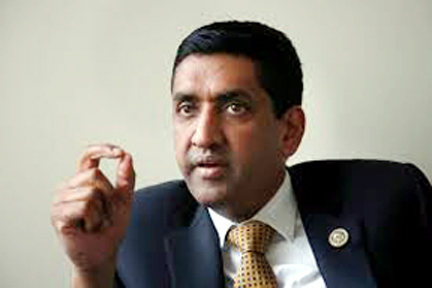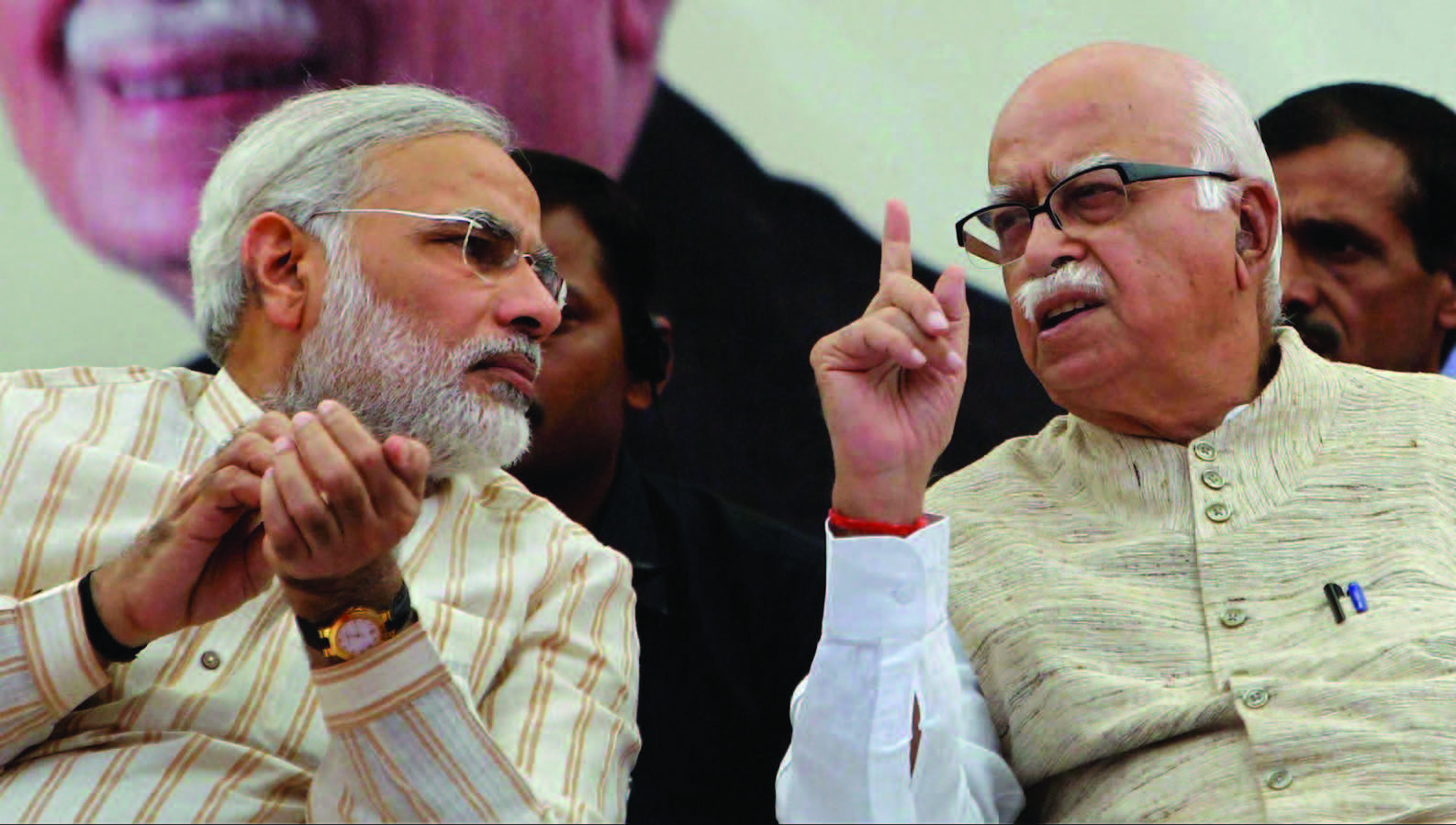
WASHINGTON (TIP): In the aftermath of the Capital riot by supporters of outgoing President Donald Trump, Indian American lawmaker Ro Khanna believes America faces two challenges on the economic and cultural fronts to rebuild faith in democracy.
“It’s a big challenge for us,” the third-term progressive Democrat in the House told Business Insider in a telephonic interview on Jan 8, two days after the riot when asked about the state of American democracy.
“I think there’s two challenges for the country,” Khanna said. “The challenge of economically-left behind places and people where you don’t have economic wealth generation, without basic healthcare, without basic housing.”
“And then you have the deeper question, and that is the cultural challenge,” he said noting “how we’ve become a multi-racial multi-ethnic democracy” thanks to the immigration post-’65 from non-European countries.
“I mean we’re the most diverse we’ve ever been in our nation’s history — it’s easy to conceive of a nation on philosophical principles if there is also a cultural similarity,” Khanna said.
“To conceive of a nation on philosophical principles, of a commitment to our constitution, when you have such incredible racial diversity, such incredible religious diversity and the racial history we do, is a very, very difficult project,” he said.
“And I think a large part of our challenges — how do we begin to improve the communication between Americans who come perhaps from very different perspectives,” Khanna said.
“I guess the point is we need a bold economic vision, but we need to couple that with leadership that looks for finding commonalities of Americans with great differences,” he said.
“And it’s a difficult project, but there’s never been a multiracial, multiethnic democracy in the history of the world. And so what we’re trying to do is very hard as well,” Khanna said.
“In the Congress, we need to begin a dialogue with each other in ways that lowers the volume of the screaming on cable news and looks for ways to respect Americans and understand their anxieties, understand their perspectives, and find some common fabric for this country,” he said.
Khanna also stressed the “need to rethink the role that social media has had in encouraging diversion realities and how we try to structure and design social media so that there are common sources of information.”
“We have to look at education across the country in terms of giving people the ability to sort out facts from conspiracy theory,” Khanna said.
“And then we have to look at the communities that have been left out and why and why some of the anger may be there and the anxiousness may be there with the changes the country is going through, and how to respect the dignity of these places that have been left behind,” he said.
“And if we can do that, you’re not going to get to everyone, but maybe you’ll get to some, and that builds a coalition of people going forward,” Khanna said.
Khanna, who has made a name for himself as a strident opponent of the US government’s interminable support for the “forever wars”, hoped the US would end the war in Yemen and pull out the remaining US troops in Afghanistan.
The Indian American lawmaker said he was also “working with Sen. Bernie Sanders on a war powers resolution to make sure that Congress has to be consulted before we get into any other wars.”
Asked about his expectations from the Biden administration on the national security and foreign policy front, Khanna said, “I’m hoping we end the war in Yemen.”
Encouraged by preliminary conversations with people in Biden’s team, he believed the new administration is “going to make it a priority to stop our support for the Saudis and stop the bombing in Yemen. That has to be a priority.”
Favoring a pull out of the remaining US troops in Afghanistan, Khanna said, “There needs to be a peace negotiation, and then we ought to leave.”
“We should make it clear that if there’s ever emerging threats or terrorist threats to our homeland from [Afghanistan], we reserve the right to conduct and we reserve the right to go in again,” he said. “But there’s no point in having a permanent presence there.”
Asked if after the Capitol insurrection, Republicans will still support Trump, Khanna said, “It’s the first time I’ve seen a break. Not just by lawmakers, but also by [Trump’s] Republican friends.”
“I think the images of the Capitol being stormed, it really shifted people’s mindsets,” Khanna said. “There’s something about the sacredness of the Capitol, about a belief in stability for American democracy.”





Be the first to comment